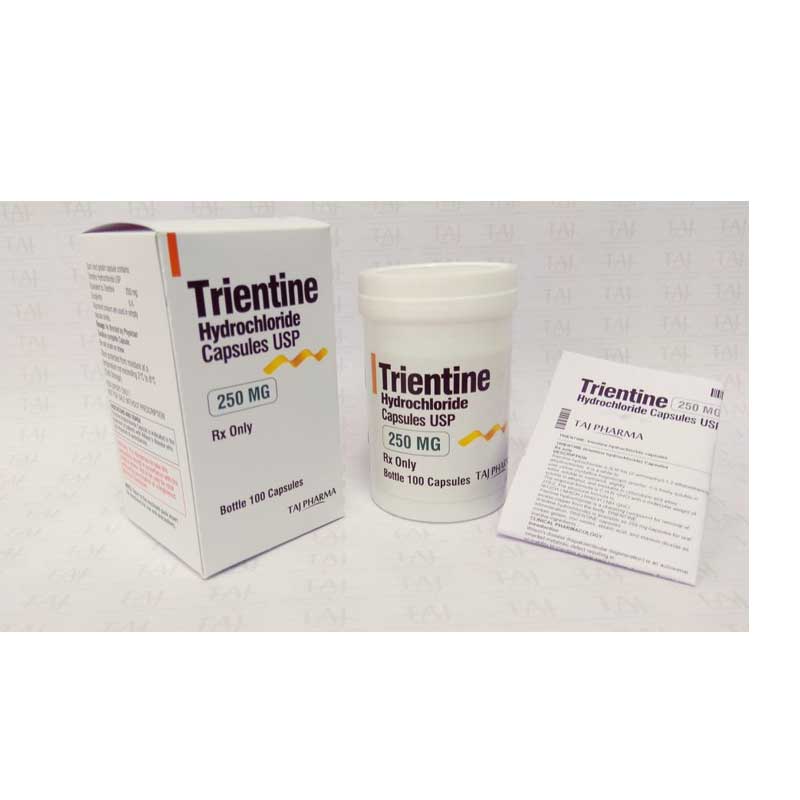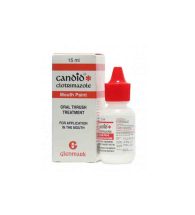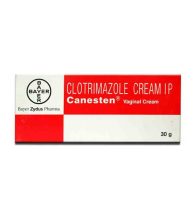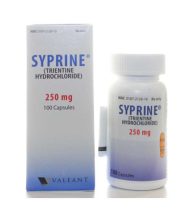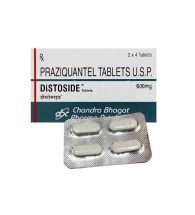Trientine 250mg
Trientine hydrochloride is demonstrated in the treatment of patients with Wilson’s illness who are prejudiced of penicillamine. Clinical involvement with Trientine hydrochloride Capsules is constrained and exchange dosing regimens have not been all around described; all endpoints in deciding an individual patient’s portion have not been very much characterized. Trientine hydrochloride and penicillamine can’t be viewed as compatible. Trientine hydrochloride should be utilized when continued treatment with penicillamine is no longer possible because of intolerable or life-endangering side
In contrast to penicillamine, Trientine hydrochloride caps isn’t prescribed in cystinuria or rheumatoid joint pain. The absence of a sulfhydryl moiety renders it incapable of restricting cystine and, thusly, it is of no utilization in cystinuria. In 15 patients with rheumatoid joint inflammation, Trientine hydrochloride caps was reported not to be effective in improving any clinical or biochemical parameter after 12 weeks of treatment.
Trientine hydrochloride capsule isn’t indicated for the treatment of biliary cirrhosis.
Uses:
A chelating agent works by removing a heavy metal (such as lead, mercury, or copper) from the blood. Wilson’s disease is a genetic metabolic defect that causes excess copper to build up in the body. Trientine is used to treat this inherited condition in people who cannot take penicillamine
Side Effects:
- fever or skin rash
- problems with speech, balance, walking, lifting, chewing, or swallowing
- muscle pain or stiffness

